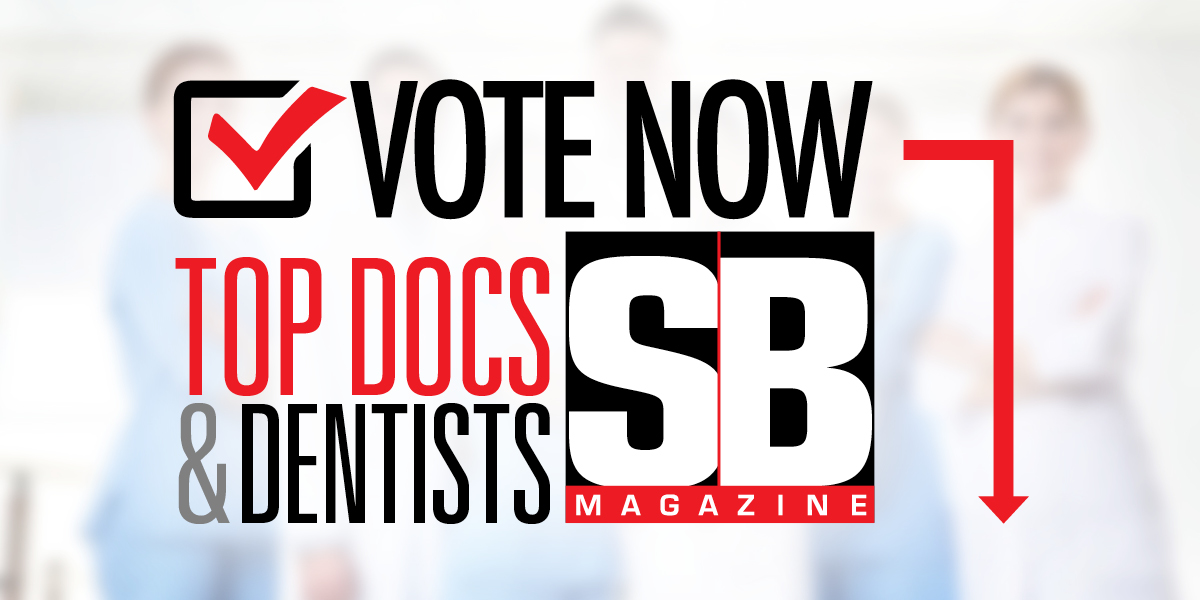When should I go to the Emergency Room and when should I go to an Urgent Care?
Emergency rooms and urgent care centers are different in many ways. While they both provide immediate access to care, they do not have the same pricing schedules or wait times and are not designed to treat the same severity of injury and illness. While an ER can treat any urgent care issues, we recommend that you visit an urgent care center for treatments of flu/cold, fever, headaches, chills, sprains, minor lacerations and dehydration. Emergency Rooms should be utilized for those patients who are in immediate need of care for life-threatening injuries and symptoms such as chest pain, abdominal pain, shortness of breath, stroke-like symptoms and loss of consciousness. CHRISTUS Shreveport-Bossier Health System has two emergency rooms, one at the Highland campus in southeast Shreveport and the newest one, CHRISTUS Bossier Emergency Hospital located in north Bossier.
It is important to note that neither Emergency Rooms nor Urgent Care centers should see patients to help manage their chronic conditions. We recommend that those patients see a primary care provider.
What do you wish every ER patient knew?
There are certain aspects to emergency care that we are always seeking to improve through organization, technology and study – such as wait and treatment times. We have visited the ER as patients and understand that no one wants to wait when they are in pain. However, you can be sure the ER staff is working as hard as we can to care for our patients as quickly and safely as we can. That being said, the more information you can honestly provide to us, the better. Tell the truth when you are speaking to an ER doctor or staff member, even if it may be embarrassing or illegal. Also, it is very helpful to know as much of your medical history as you can, including any medications you are taking and the reasons you take them. Finally – and this is a relatively new problem, but one we must mention – please know that searching your symptoms on the internet is not always accurate. It can be discouraging and sometimes even dangerous, and there is no substitute for a doctor’s training and experience.
What is the best advice you can give me on how to help in an emergency situation?
The first thing you should always do is call 911. People oftentimes forget this crucial step in an emergency situation. We recommend that everyone know basic life-saving skills such a CPR, the Heimlich Maneuver, how to apply pressure to stop bleeding, and the importance of staying calm in a tense situation. Another important tip is to be aware of the nearest AED (heart defibrillator) at your home, office, church, gym and even grocery store.
Sponsored by CHRISTUS — Emergency Medicine.









